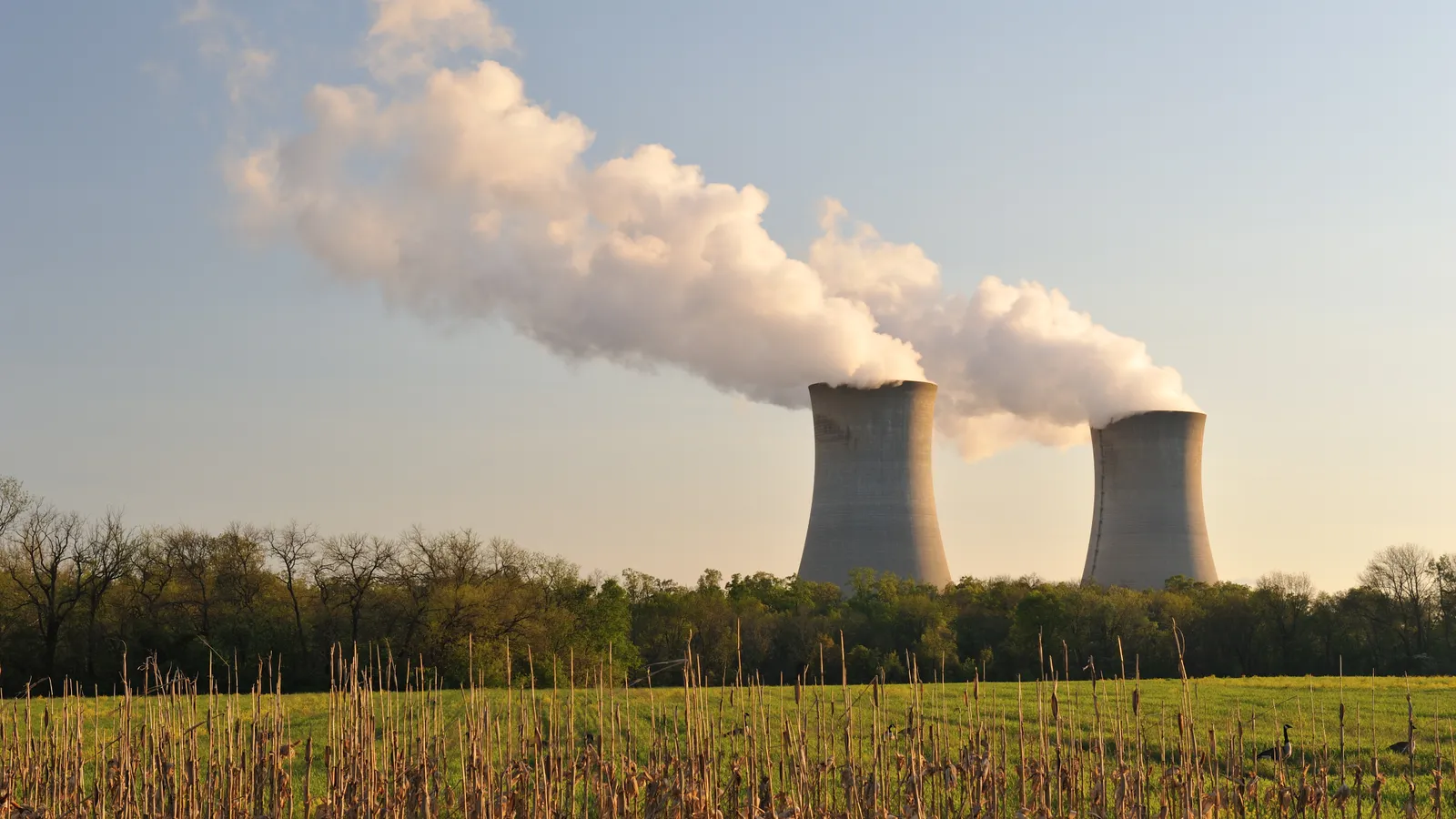The Department of Energy's initiative to pilot advanced nuclear reactors represents a pivotal moment for the U.S. energy landscape, addressing the urgent need for sustainable and reliable power sources. As the world grapples with climate change and energy security, the successful deployment of even a single reactor could catalyze a broader acceptance and integration of nuclear technology into the energy mix. The central challenge lies in overcoming public skepticism and regulatory hurdles, which have historically hindered nuclear development. By demonstrating safety and efficiency, these pilot projects could shift perceptions and pave the way for a new era of nuclear energy, crucial for achieving decarbonization goals.
The implications of this pilot program extend beyond mere technological advancement; they signal a potential renaissance for nuclear energy in the U.S. The key takeaway is that successful commercial operation of these reactors could not only enhance energy independence but also stimulate economic growth through job creation and innovation in the energy sector. As stakeholders engage in this transformative journey, the focus must remain on transparency and collaboration to build trust and ensure that nuclear energy can play a vital role in a sustainable future.








